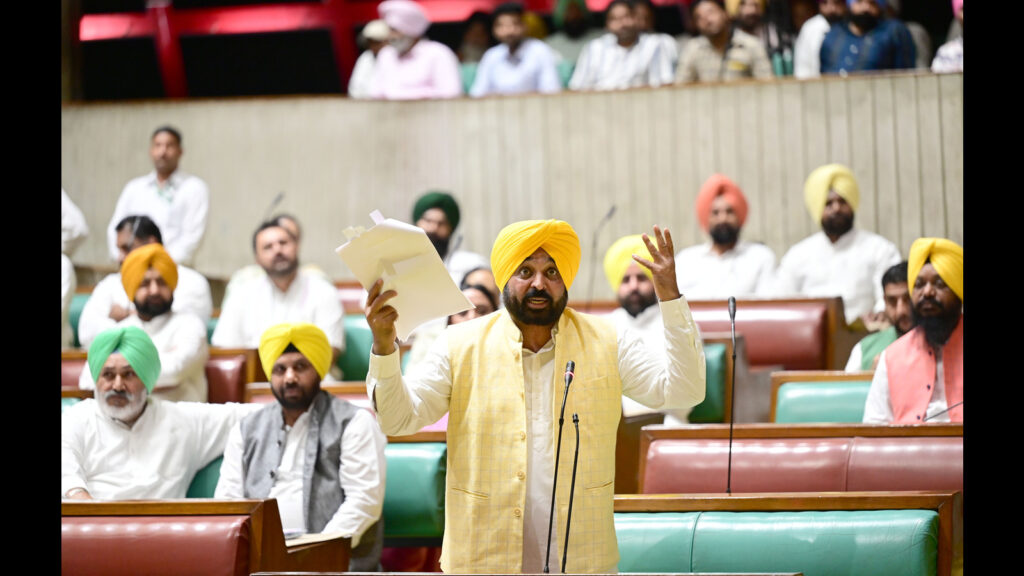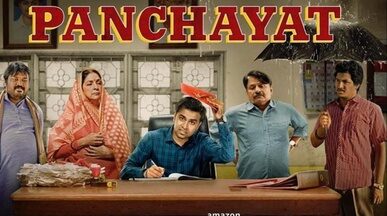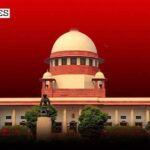A legislative proposal aiming to transfer the role of Chancellor from the Punjab Governor to the Chief Minister for state-run universities has encountered a significant obstacle at the presidential level. The bill, which has sparked heated debates among lawmakers and educators alike, seeks to amend existing protocols governing educational institutions within the state.
Under current regulations, the Governor of Punjab assumes the position of Chancellor for all universities funded by the state government. This traditional role includes responsibilities such as conferring degrees, appointing Vice-Chancellors, and overseeing general administrative affairs. Proponents of the bill argue that vesting these powers in the Chief Minister would streamline decision-making processes and foster a closer alignment between academic policies and government initiatives.
However, the proposal’s journey through legislative channels has encountered staunch opposition from various quarters, citing concerns over the constitutional implications of such a transfer of powers. Critics argue that the office of the Governor, as prescribed by the Constitution, serves as a custodian of state interests and provides a necessary check on executive authority. They contend that altering this arrangement could potentially undermine the independence and autonomy of educational institutions from political influences.
The bill, which was introduced amidst fervent deliberations in the state legislature, received initial approval with a majority vote in favor. This development prompted proponents to express optimism about its potential benefits in enhancing administrative efficiency and fostering a more cohesive governance framework for universities.
Nevertheless, the recent development of the bill facing resistance at the presidential level has added a new layer of complexity to its implementation. According to sources close to the matter, the President has sought further clarification on the constitutional validity and potential ramifications of the proposed amendment. This scrutiny underscores the gravity of the decision, with constitutional experts and legal scholars weighing in on the matter.
In response to these developments, stakeholders from academic circles and political arenas have intensified their lobbying efforts, both in favor of and against the bill. Proponents continue to emphasize the need for modernizing governance structures in line with contemporary educational reforms, arguing that such changes are essential for fostering innovation and academic excellence.
Conversely, opponents remain steadfast in their defense of existing institutional frameworks, cautioning against hasty revisions that could compromise the integrity of educational standards. They advocate for a balanced approach that preserves the autonomy of universities while ensuring accountability and transparency in governance.
As the debate unfolds, all eyes are now on the presidential decision, which is expected to shape the future trajectory of educational governance in Punjab. With stakeholders on both sides passionately advocating their positions, the outcome of this legislative proposal promises to have far-reaching implications for the state’s educational landscape and its governance dynamics.



 Supreme Court Expresses Doubts Over NEET-UG Retest Chances
Supreme Court Expresses Doubts Over NEET-UG Retest Chances 